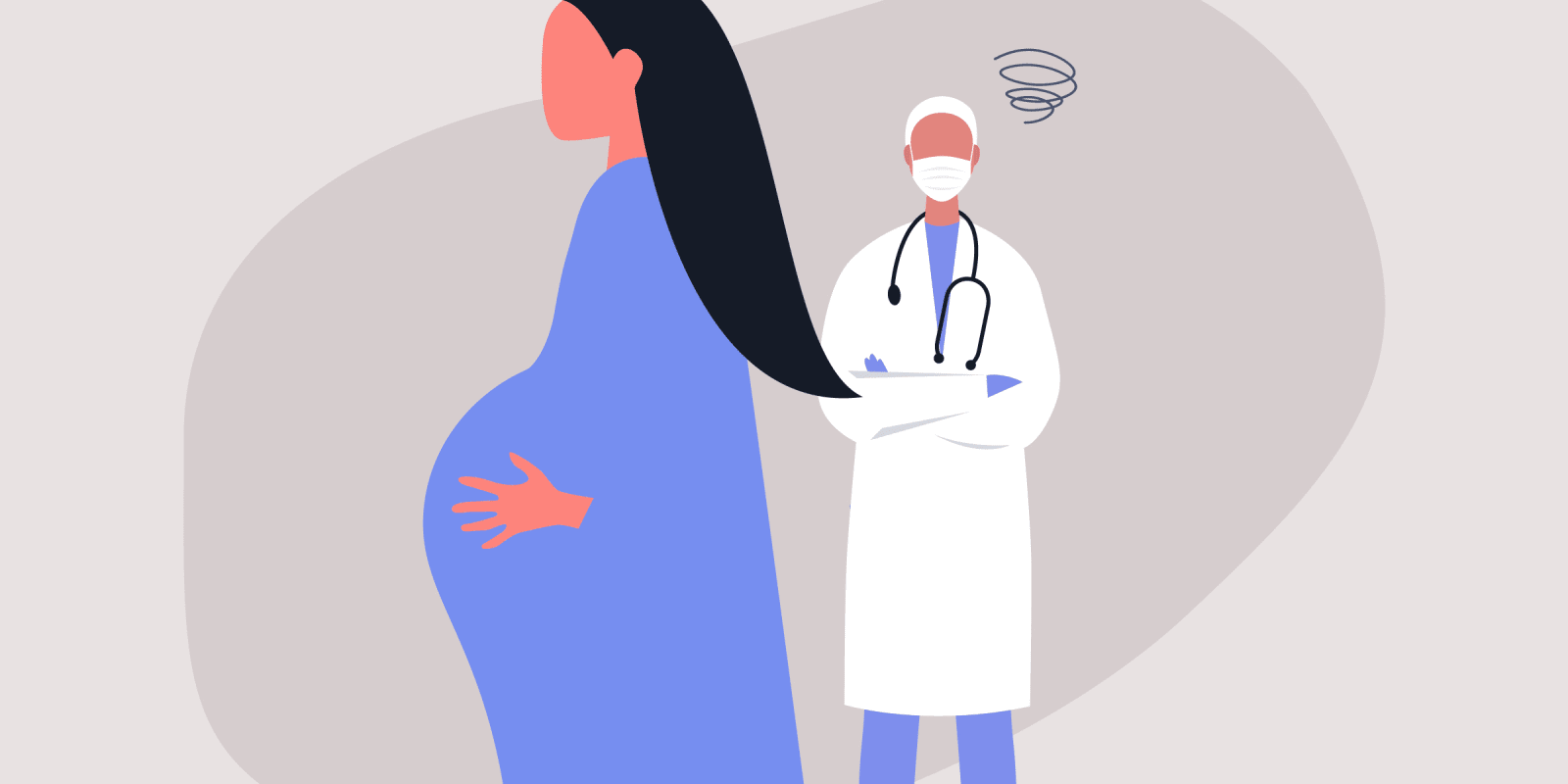I recognized her as a repeat customer. Her first baby had been in our NICU when mother was 16 years old, and now, two years later, she was back with another baby. Fortunately, neither child was very sick; they needed only a couple of weeks in the NICU to be ready for the world.
But I found the mother’s situation frustrating. It was a scenario I saw time and time again in the urban hospital where I worked: a teenage mom making the mistake of getting pregnant too young, hurting her chances of finishing school and bettering her life — and then doing it again a year or two later, further harming her chances of escaping a life of poverty and dependency. Why, why, I wondered, didn’t they use birth control?
I never minded so much when a teenager came in with her first baby. Anyone can make a mistake. But when they came in with a second, while still a teen, I struggled. Didn’t they realize that unprotected sex leads to pregnancy, which leads to a little one before they’re ready, which leads to a tougher life? And it didn’t necessarily stop with a second pregnancy. I knew one mother who came in with her ninth pregnancy at the age of 21. Hadn’t she figured out the sequence of events?
Don’t get me wrong — in addition to frustration, I also felt tremendous sympathy for these moms. In that hospital, most of them were Black, although teen pregnancy affects every race or ethnic group, and they grew up without many of the advantages I had. Many were themselves the product of teen pregnancy and had grown up in poor neighborhoods with poor schools and broken families. Structural racism had stacked the cards against them.
Also, many of them had undoubtedly suffered a high number of adverse childhood experiences, which we now know can have a great effect on not only mental health, but physical health as well. Life was hard for them. Birth control was not their top priority.
Still, birth control isn’t that hard to do, is it? Long-acting birth control options, like IUDs and contraceptive implants don’t even require a daily pill, although they do require easy access to a place that can administer them (which will be harder to find if restrictive abortion laws like the one in Texas become more widespread, given that facilities that provide abortions are often the same ones that provide birth control).
I think my complicated emotions associated with caring for these teens is wrapped up in my belief that stopping teen pregnancy is so important. According to the CDC, about 50% of teen mothers will get a high school diploma by age 22, compared to 90% of those who are not teen mothers. I don’t have data on the high school graduation rate for women who have more than one baby as a teen, but I’m certain that it doesn’t make the graduation rate better.
And the news gets even worse. Not only do teen mothers fare worse in life, but the children of teen mothers are more likely to drop out of high school, have more health problems, be incarcerated during adolescence, face unemployment as a young adult — and give birth as a teenager themselves. The beat goes on and on, from generation to generation. And having a second or third baby as a teen can only make things worse.
So, why were so many of the teen moms at our hospital getting pregnant two and three times? I asked some of my friends for insight — not just those from a white middle-class background like mine, but also some from that hospital’s community. Most did not have a good answer, but then I asked one young man who had been raised in poor urban circumstances himself. He’d since become middle class, attendant to life as a police officer. Why did teen moms become pregnant a second and third time? “Because they always think that if they have this man’s baby, he will stay with them.” It was a sad answer, but it was the only answer I heard that made sense, and, once again, it led to feelings of both frustration and sympathy.
This dichotomy of feelings, frustration versus sympathy, toward our patients is hardly unique to neonatologists and obstetricians. I am sure that primary care physicians feel similarly when their patient with Type 2 diabetes has ice cream for dessert every day of the week, or when their patient with cardiovascular disease gets his main exercise from pressing the TV remote. I firmly believe that most doctors want their patients to do well. It’s very possible (maybe even common?) to have empathy for the hard circumstances of our patients’ lives, while also sometimes shaking our heads in exasperation because they won’t take what seem to us like minor steps to improve their circumstances.
I don’t know what happened to the teen mom who was a repeat customer, but I wanted so badly for her to have a better life, to be able to get a better job, to have the means to transcend a life of poverty and boring work — to think that a simple pill a day could have given her a shot at a better life. Did my frustration mean I didn’t have enough empathy? I don’t think so. I think it’s just being human. Frustration versus sympathy: welcome to the reality of medicine.
How do you balance competing emotions in your patient care? Have you had patients that challenged your empathy? Share your experiences in the comments below.
Paul Holtrop is a recently retired neonatologist who lives in northern Michigan. Besides trying to keep up with the medical literature, he enjoys bicycling and cooking, plus watching college football — except, of course, for the cringe-worthy head injuries. Dr. Holtrop is a 2021–2022 Doximity Op-Med Fellow.
Illustration Collage by Jennifer Bogartz / nadia_bormotova / GettyImages







